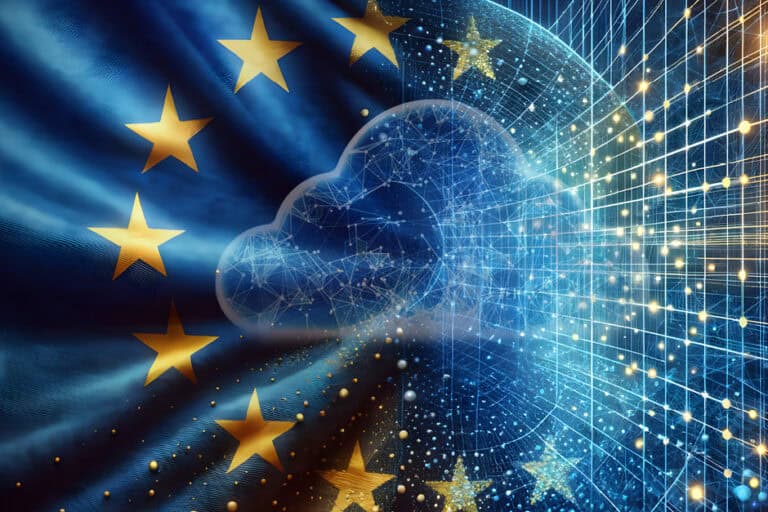Cloud Infrastructure Providers in Europe (CISPE) has put forward proposals for Europe’s water resilience. The organization tries to position itself as part of the solution to water problems despite being a major user, but is calling for coordinated regulations that do not pit sectors against each other.
Due to the high computing power requirements of AI, the already strained data center world is in turmoil. In addition to network congestion (to varying degrees in different countries), there is widespread thirst. As server racks need to become increasingly compact in order to accommodate enough GPUs and CPUs, liquid cooling is the next evolution in heat management.
This puts CISPE at odds with other sectors that are also competing for limited water resources. The interest group is looking to change this situation. Instead of confrontation, CISPE hopes for public-private partnerships to modernize water infrastructure, for example. For cloud services, CISPE is calling for a policy framework that promotes secure, interoperable cloud solutions. According to the proposals, digital twins and sensor networks could be used much more widely in water systems.
Sector has taken steps
Through the Climate Neutral Data Center Pact, the cloud industry has already developed a Water Usage Effectiveness (WUE) methodology. This takes into account local water stress and water quality. Operators representing more than 85 percent of Europe’s data center volume now use this benchmark. They combine this with reporting requirements from the Energy Efficiency Directive. The use of recycled water is becoming increasingly important. Intensive work is already being done worldwide on sustainability in data centers, where PUE scores, for example, are a well-known benchmark. The use of drinking water for cooling is under pressure.
Coordination problem
CISPE’s proposal emphasizes the importance of coordinated regulations, but the question is whether it can sell this idea. The organization does not want new rules to duplicate what already exists. It also calls for a cross-sector approach. “Water resilience is a pressing issue that the Commission needs to address,” says CISPE sustainability policy manager Velimira Bakalova. It does recognize that there is a problem, but clearly does not want to be reactive. With this attitude, the cloud sector hopes to stand up for itself before it is exposed to highly restrictive policies.
CISPE represents European cloud companies, while non-European hyperscalers participate as observers without voting rights. This structure is in line with the broader European pursuit of digital sovereignty. The organization is aligned with future visions in which data centers use all resources, including water, more efficiently. There is a lot at stake for the data center industry. Despite progress, data centers remain major water consumers. The approach of reusing municipal wastewater for industrial purposes could change this. However, this requires cooperation between different governments and sectors.
